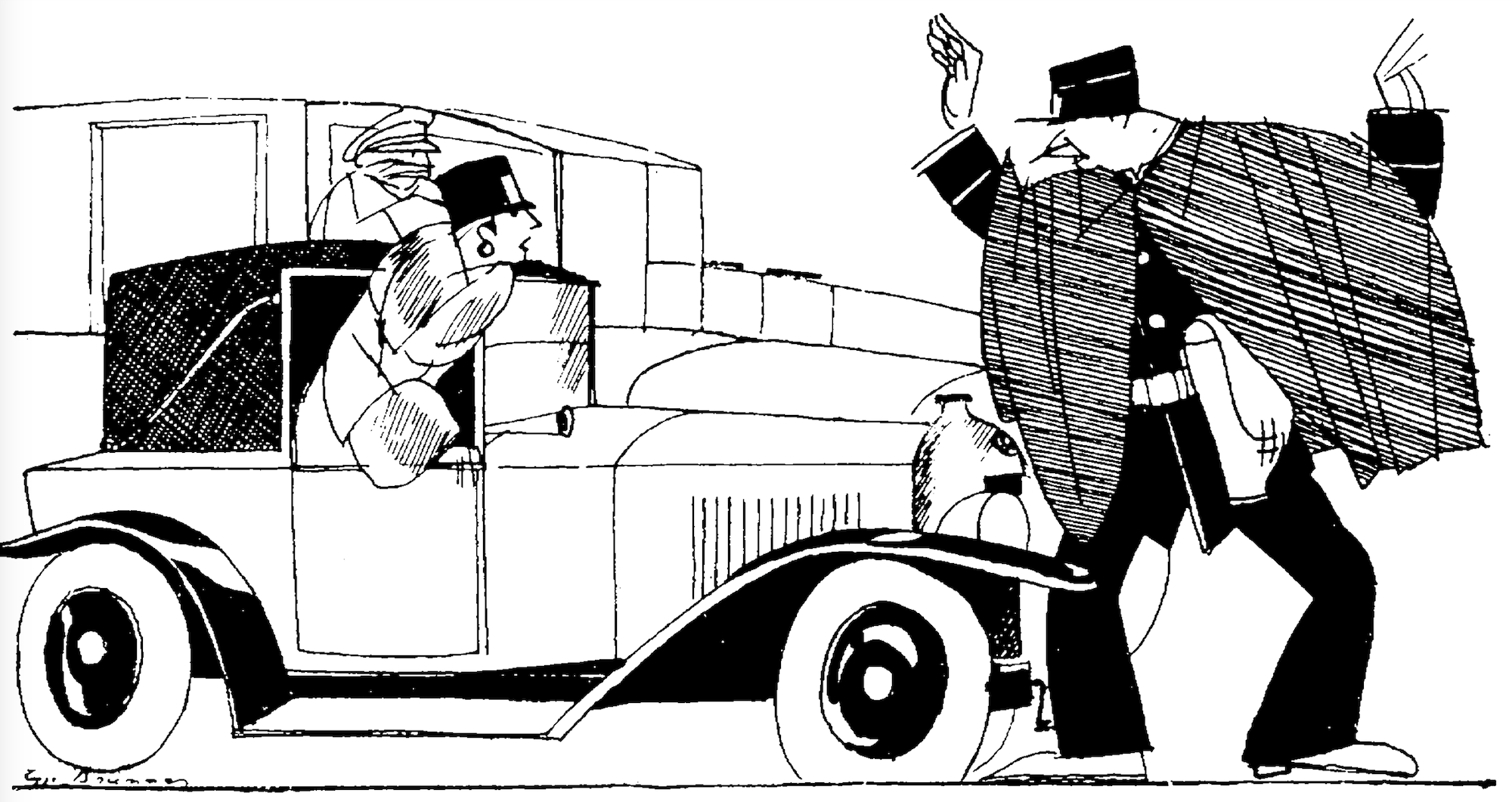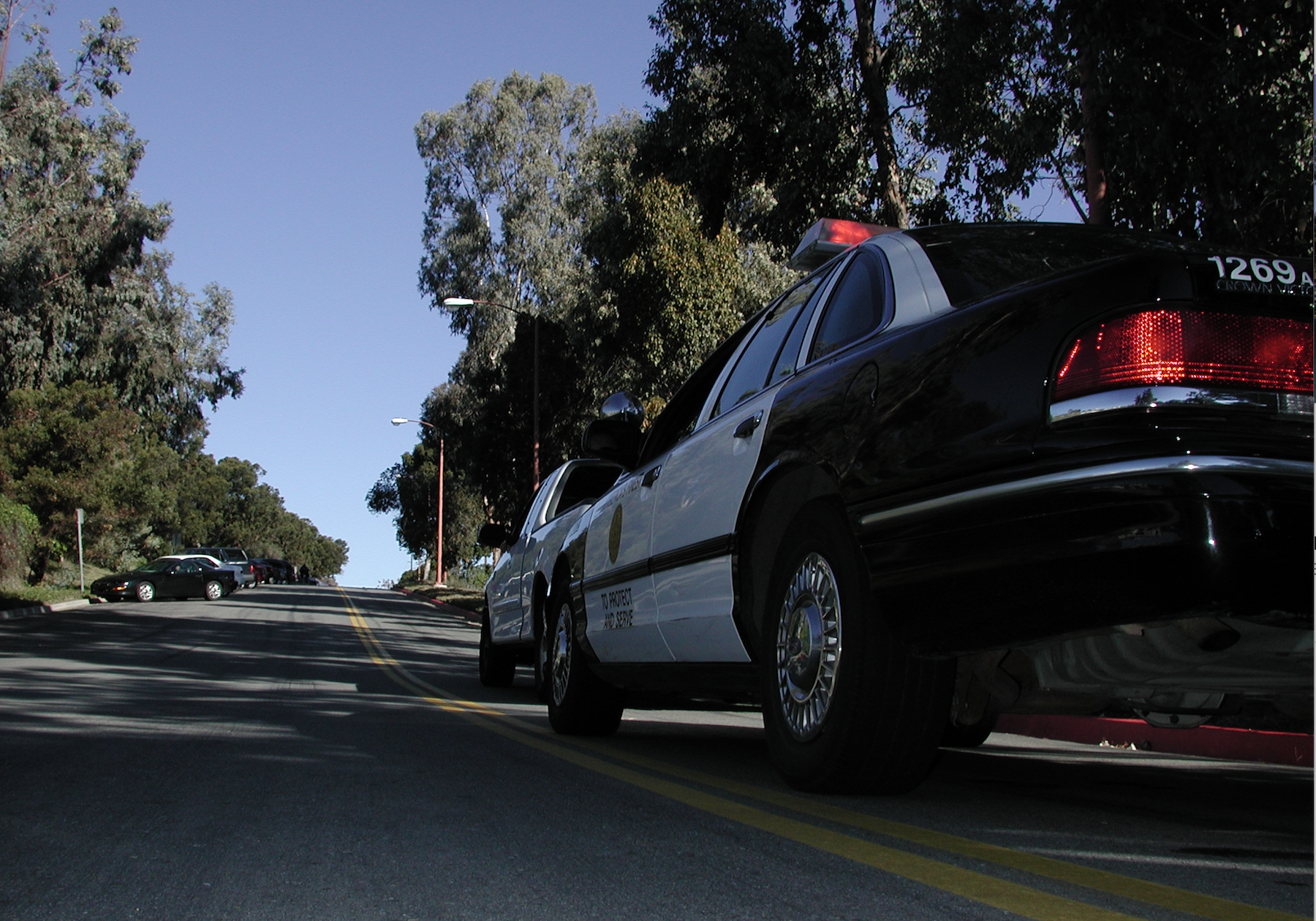
badge
Like many readers I began my career as a reserve. In my case it was as a reserve deputy sheriff with a large agency in Southern California. As a chief I have always maintained a reasonably sized reserve program for the departments I have served. There are a number of reasons for that.
Let me say at the outset what I believe reserves are not. Reserves are not a substitute for regular, salaried officers. They should not be used to cover shifts that would otherwise be paid assignments for full-time personnel unless very extreme circumstances exist. They are, rather, a supplement to full-time staff. They are available to provide extra patrols when warranted, to “double up” single-officer patrol units for officer safety purposes, to assist with special events and to provide a pool of trained personnel during major incidents or anytime the proverbial bad stuff hits the fan.
We live and work in extremely difficult economic times. Many departments have had to reduce full-time staffing to ridiculously low and often unsafe levels. Some, as reported in past issues of American COP, have been forced due to budget catastrophes to staff almost their entire patrol force with reserves under the direction of only one or two salaried employees. I guess that shows the priorities of our elected officials, eh? Even in so-called normal economic times there are lots of pluses for a cadre of dedicated, well-trained reserves.
The Two Reserves
Drawing on my own experience, there are two types of people who become reserves — and both are valuable resources. The first type is the person who has full-time employment elsewhere, perhaps in a professional field, and who doesn’t desire to become a full-time cop. This person can be motivated by the excitement and variety, which from time to time characterizes what we do. Or, this person may be motivated by the desire to serve his or her community. Career Reserves, as they’re often called, can bring stability, maturity and experience to a reserve program.
The second type of reserve is often seeking a full-time law enforcement position and views their service as a reserve as getting a foot in the door. Whatever the motivation, every reserve potentially expands public support for law enforcement. Reserves, like we regulars, have friends and family who, if they weren’t already, become “pro law enforcement” by virtue of the reserve’s endeavors. And that is a good thing.
I’ve always sought to balance my reserve program with both types of people. Through their stability, career reserves can serve as a positive example to the less experienced. Those desiring to become regular full-time officers offer an excellent recruitment base when filling full-time vacancies. In fact, with the last two departments I headed I never hired a full-time officer who wasn’t one of our reserves. Let’s look at the advantages of that.
First, if someone isn’t cutting it as a reserve he won’t remain in the reserve program. Reserves are “at will” volunteers and those who fail to meet standards are simply not retained. We get to know our reserves and their strengths, weaknesses and potential. On the flip side, reserves get to know the department as well and if they sense the fit isn’t good, they won’t stay. So, we wind up with a group the department is confident in, and reserves who are confident in the department. If a vacancy occurs, a reserve who applies knows exactly what sort of agency he is seeking employment with and the department knows very clearly what sort of applicant the reserve is.
Benefit-Rich
The benefits of hiring from the reserve corps are numerous. In fact, I have yet to see a downside to such a practice. Turnover due to dissatisfaction on the part of the agency or the newly hired officer is practically nonexistent. Once academy training is completed, the FTO program is usually much smoother as the new hire is already familiar with many department policies and procedures and has already been accepted by the people with whom he will work.
In short, there are far fewer surprises with reserves-turned-regulars than with an unknown hire as officer. From all perspectives, economic and otherwise, an investment in developing and maintaining a highly competent reserve corps is clearly in the agency’s best interests. Try it … you will likely see the value.
By Jerry Boyd
Questions, comments and suggestions for future columns can be sent to Jerry at [email protected]
View The American COP May 2013 Issue Now!















